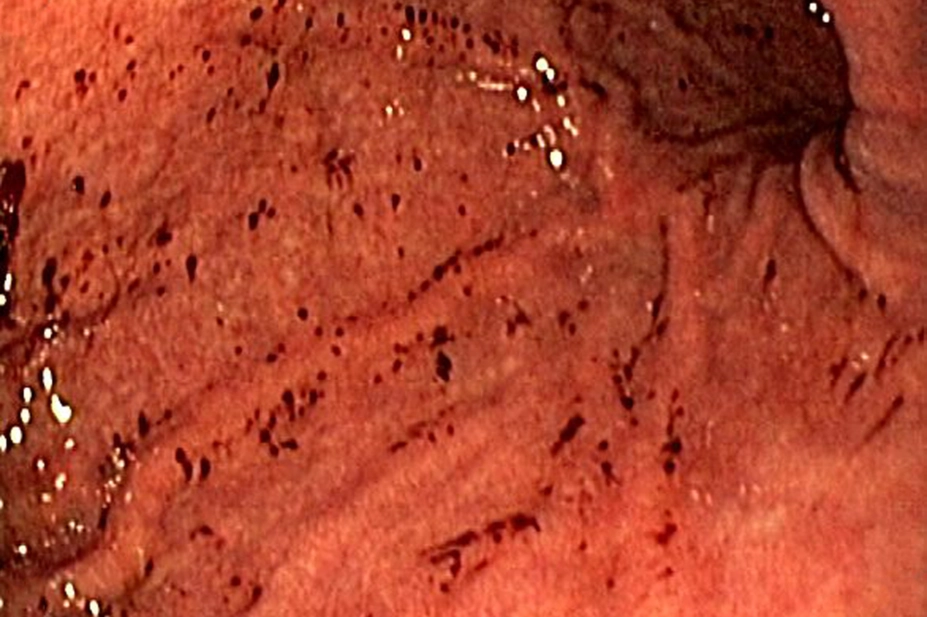
Gastrolab / Science Photo Library
The medication safety dashboard, published on 10 May 2018, also revealed that 179 patients were admitted to hospital in July, August and September 2017 for gastric bleeds, after having been prescribed NSAIDs with no gastroprotection.
The data, published by quarter and beginning in the first three months of 2015/2016, show little variation in the number of patients who were prescribed an NSAID without gastroprotection, and in the numbers of patients subsequently admitted to hospital.
The fewest number of patients (159) admitted to hospital with gastric bleeds was in the fourth quarter of 2016/2017, and the highest number (252) was in the second quarter of 2015/2016.
The figures also show that more than 8 million adults in England are prescribed drugs that could put them at risk of acute kidney injury. They reveal that 8.2 million people aged over 18 years were prescribed an NSAID or a renin-angiotensin system drug, or a diuretic during quarter two of 2017/2018, which it says ‘may increase the risk of acute kidney injury’; however, it is not clear the level of risk this indicates.
Prescribing rates vary across the country, with the highest in NHS Blackburn and Darwen Clinical Commissioning Group (134 per 10,000 people at risk) and the lowest in NHS Hartlepool and Stockton-on-Tees (46 per 10,000 people at risk).
The National Institute for Health and Care Excellence recommends that all adults with acute illness should be investigated for acute kidney injury if they are prescribed drugs with nephrotoxic potential, such as NSAIDs, aminoglycosides, angiotensin‑converting enzyme inhibitors, angiotensin II receptor antagonists and diuretics, especially if the person is hypovolaemic.
These are the first indicators published by the NHS as part of health and social care secretary Jeremy Hunt’s proposals to improve patient safety in the health service. Information on prescribing of other medicines and conditions will be published later this year.
Research published earlier this year revealed that around 712 deaths in England each year happen as a result of avoidable adverse drug reactions.
References


